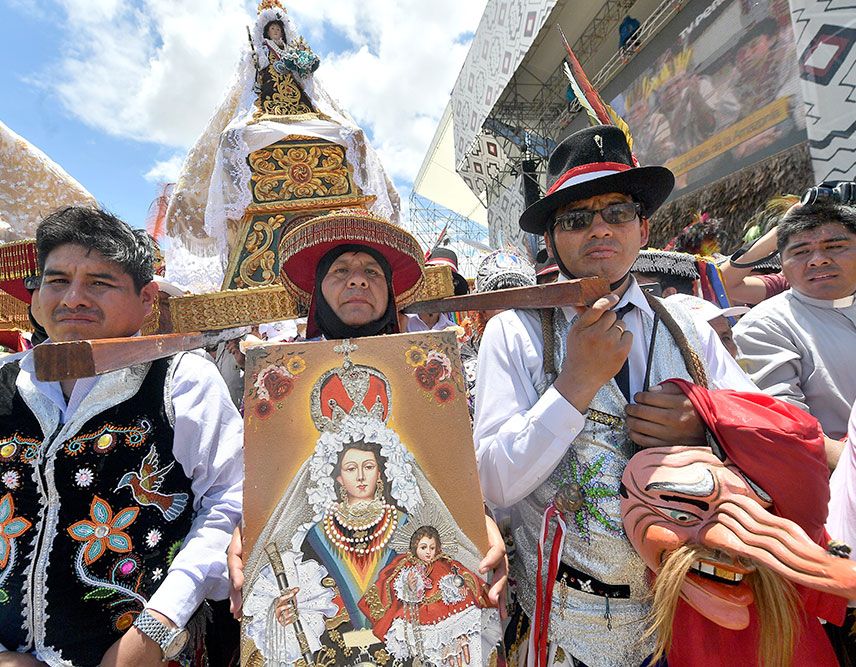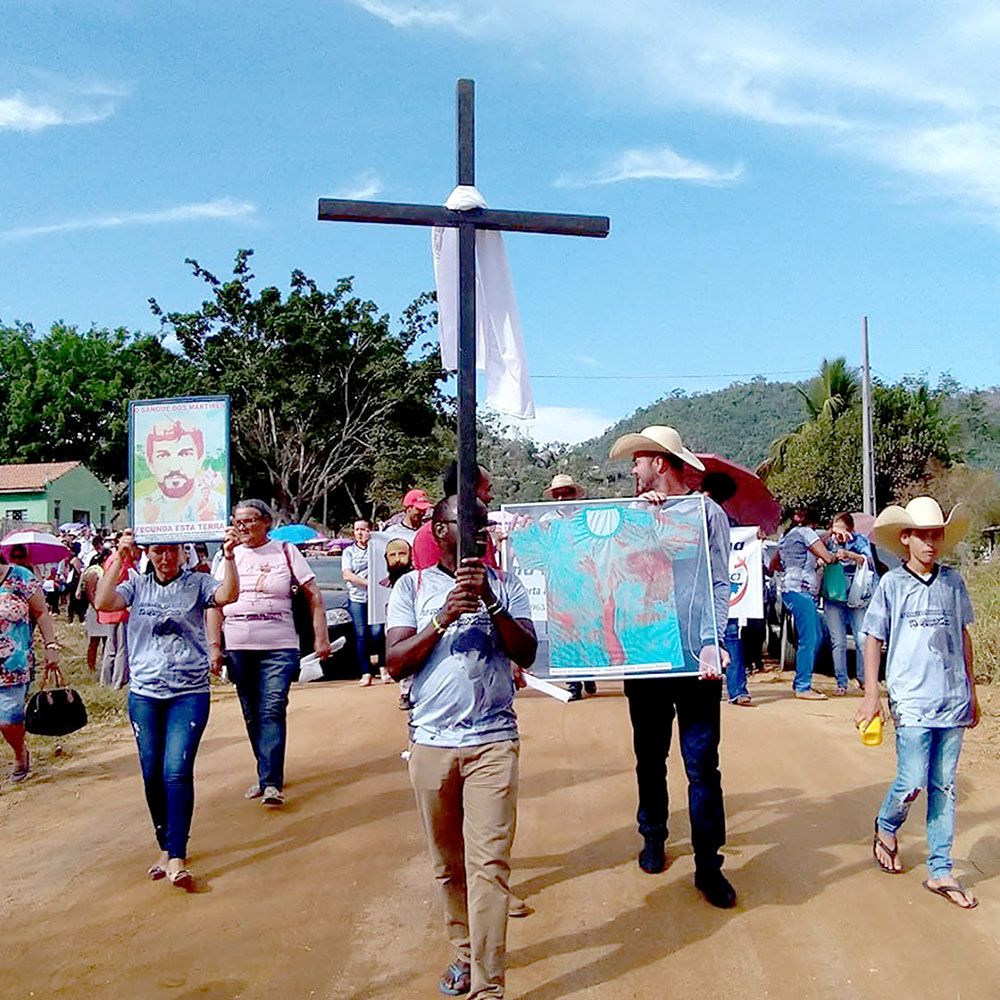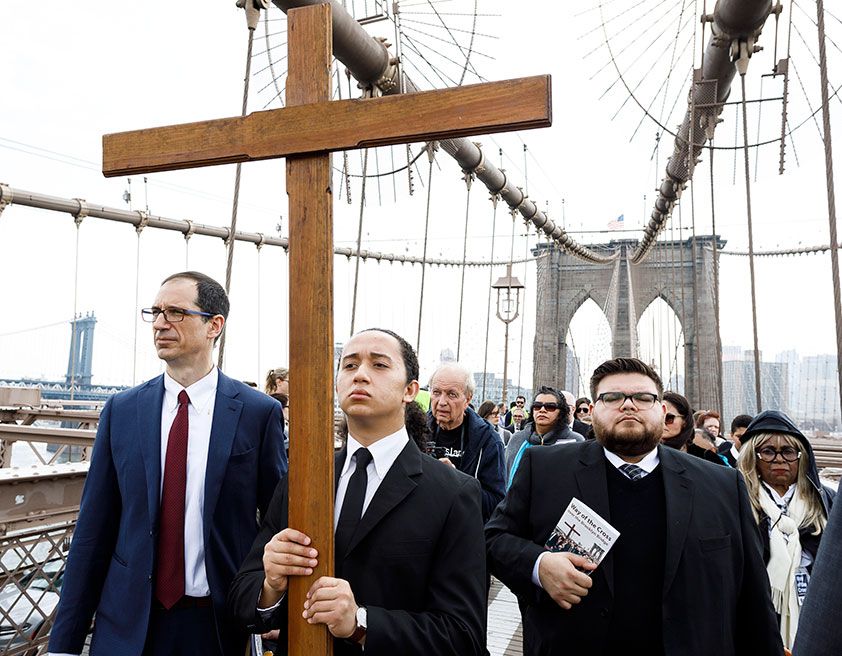Before reading the following text, may I invite you to pray with me for just for a little while?
We bless You, Lord God, because by dying on the Cross, Jesus has shown us all the love, the forgiveness, and the mercy that Your fatherly heart has for us. This has made it possible for us to forgive one another the way You forgive us. That is, without limits and measure. Teach us to live day after day according to Your Spirit so that the forgiveness we offer our brothers and sisters who have offended us, may be a sign of Your love and reconciliation for all. In this way the beatitude of Jesus will become our own: blessed are the merciful who know how to love and forgive, because they will receive mercy, love and forgiveness. Amen.
In this article I present some of the many motivations making the act of forgiveness a felt need and a creative gift:
– When the experience of the Father’s mercy is true, the Church and all of us feel the need to extend this mercy to our brothers and sisters. In a meditation given in Rome in the Jubilee Year of 2000, the Servant of God, Cardinal Francis Xavier Van Tuan for whom I have a great devotion, said: “I dream of a Church that is always open, full of compassion, understands the pain and the suffering of humanity, and embraces, protects and consoles all people.”
– While Jesus was dying on the cross, He cried out: “Father, forgive them; they do not know what they are doing.” (Luke 23:34) Jesus asked the Father to forgive His persecutors and all people. His redeeming love was so deep that He was even able to find justification for an unspeakable criminal behavior: “They do not know what they are doing.” We notice here two important points: If Jesus forgave His persecutors, He forgives us, too; and if He forgives us, we too must forgive one another.
– By being merciful, we become powerful signs of the presence of God’s kingdom in the world. The preface of the Mass for the solemnity of Jesus Christ, King of the Universe, describes the kingdom that Jesus presents to the Father as “an eternal and universal kingdom, a kingdom of truth and life, a kingdom of holiness and grace, a kingdom of justice, love and peace.” All these realities of the spirit cannot subsist in our hearts and in the world without forgiveness being received and given. Every day I pray: “Lord, your heart is rich in merciful love; please make our hearts similar to yours.”
– God experiences joy in having mercy. We can call to mind that in the parable of the merciful father, joy was so overflowing that it became a feast, a banquet beyond the expectations and dreams of the forgiven son (Luke 15:11-32). The same thing is true for us when we are forgiving persons: our joy becomes overflowing.
– In and through the Sacrament of Reconciliation, which in my heart I call the Sacrament of Joy, God gives us His merciful love that has two characteristics: forgiveness and renewed energy for us to be able to live with deeper faith and enthusiasm and to forgive our brothers and sisters the way God forgives us. Naturally we must not squander the abundance of God’s gifts by concentrating on a painful and vague list of sins to be mentioned in confession, accepting absolution and doing the assigned penance. The Sacrament of Reconciliation implies the celebration of God’s merciful love and our commitment to grow and live the good life of the Gospel.
– We cannot live in a community without forgiveness being received and given. Without forgiveness, love cannot have its domain.
We ask the intercession of Mary that we may answer God’s invitation through Paul: “Put on then, as God’s chosen ones, holy and beloved, compassion, kindness, lowliness, meekness, and patience, forbearing one another and, if one has a complaint against another, forgive each other; as the Lord has forgiven you, so you also must forgive.” (Colossians 3:12-13).


























